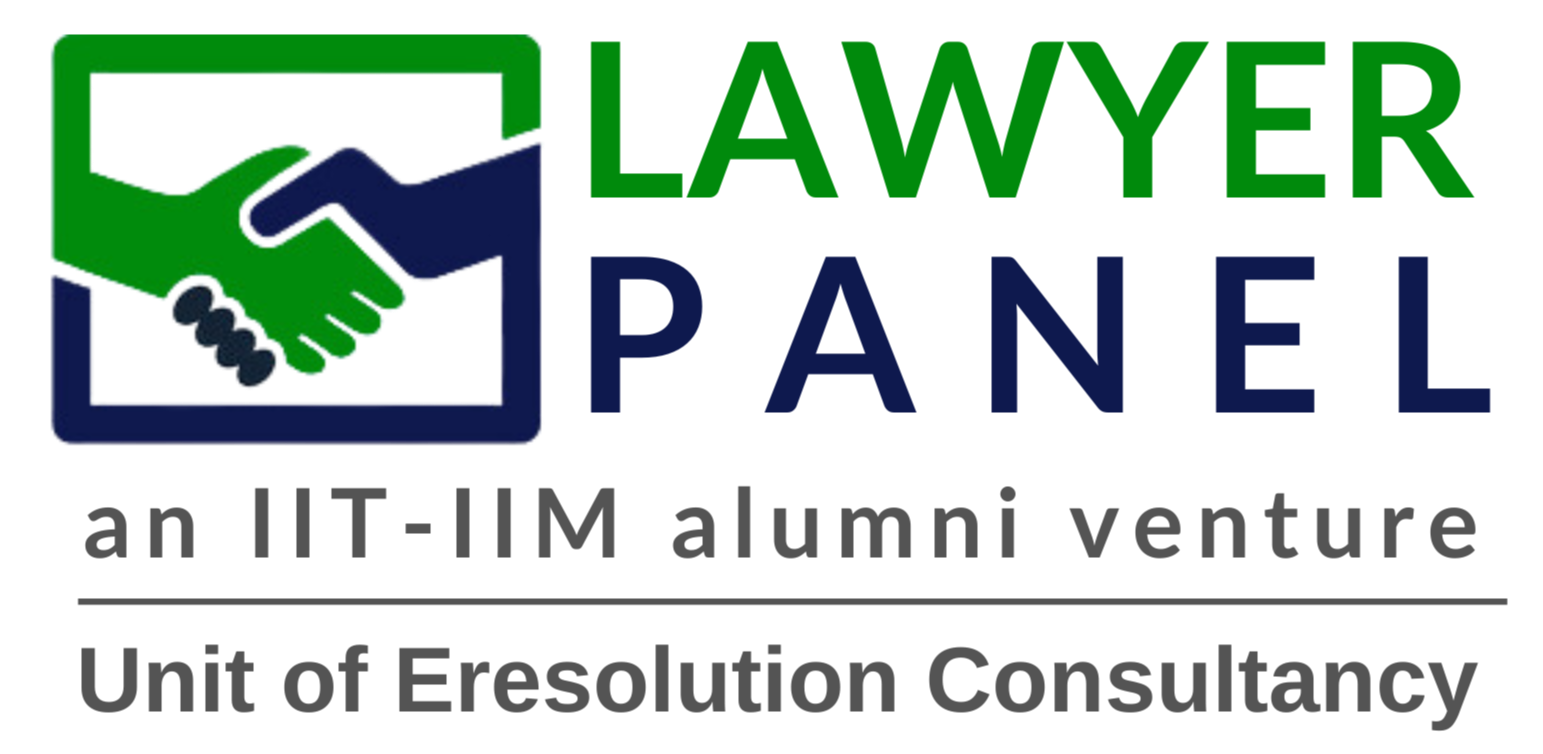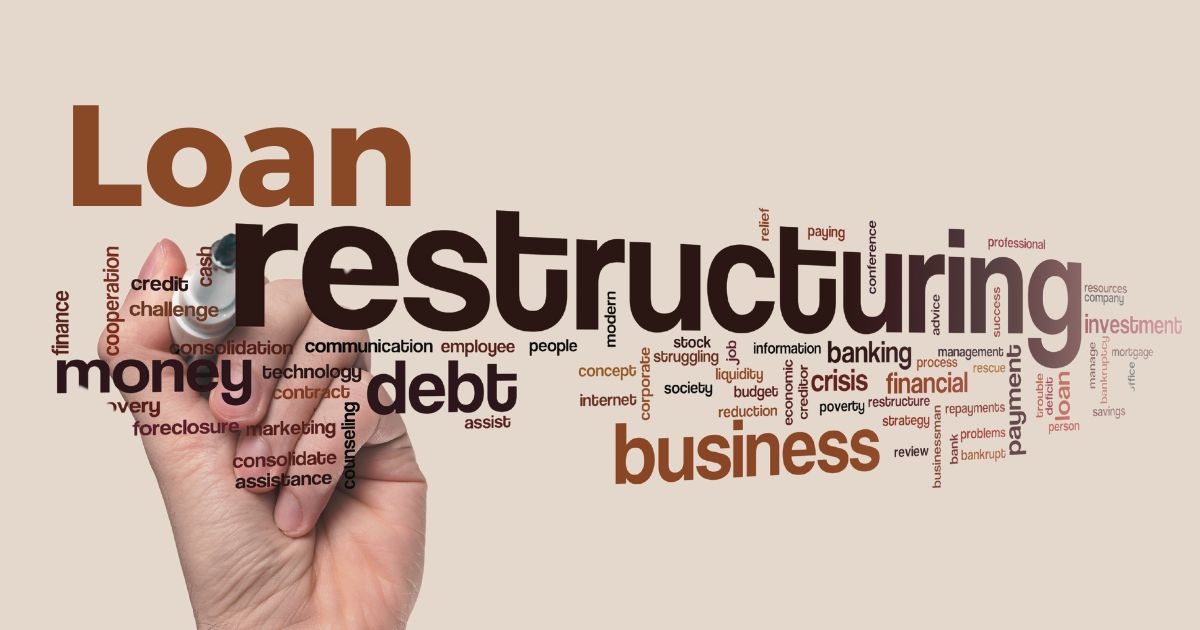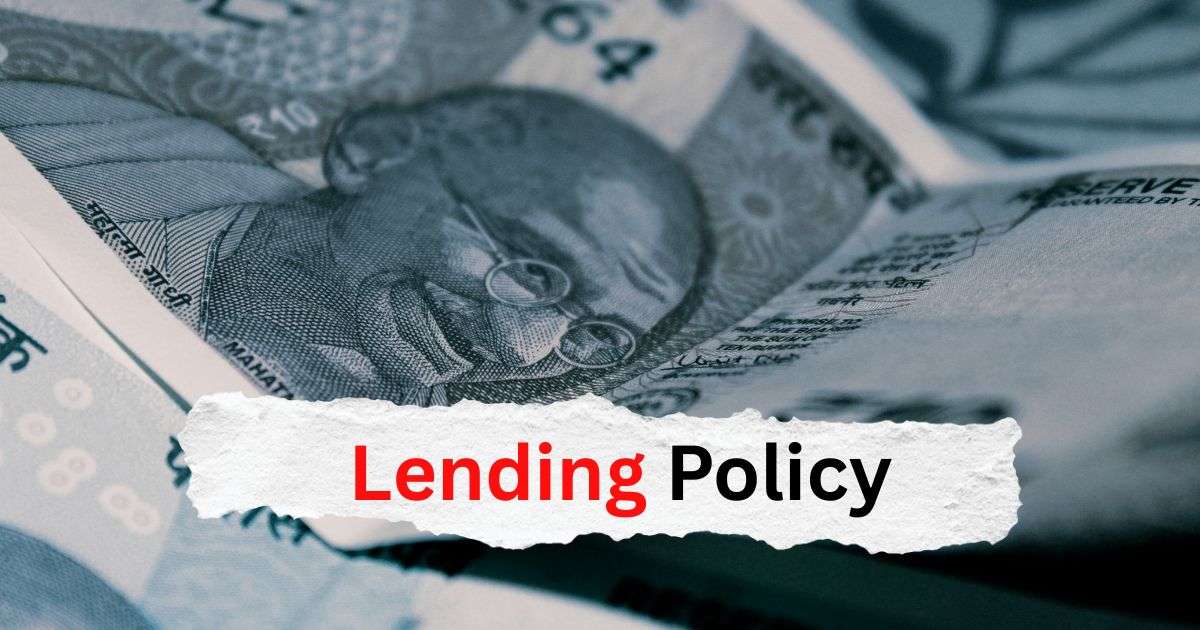Debt Resolution · 2 min read
Arbitration: A Swift Solution for Resolving Debt Problems
rbitration offers a swift, cost-effective alternative to litigation for debt resolution. It ensures impartiality, confidentiality, and flexibility, benefiting both lenders and borrowers through structured dispute resolution.

What is Arbitration?
Arbitration stands as a leading alternative dispute resolution method, particularly favored for out-of-court settlements. In this process, disputing parties present their cases to an impartial third party, known as an arbitrator, who facilitates a mutually agreeable resolution.
Why Opt for Arbitration for Debt Relief?
Arbitration proves to be an expedient method for resolving debt-related conflicts. Its efficiency lies in its ability to deliver swift solutions without unduly burdening debtors and creditors, even allowing for online proceedings. This approach benefits both the lending institution and the borrower. While the bank can recoup its funds, albeit potentially at a reduced rate, the debtor can settle their obligations for less than the original loan amount, a scenario that might not easily transpire in a courtroom setting.
Also Read: https://www.lawyerpanel.org/blog/debt-resolution/struggling-with-high-emis-get-the-help-you-need/
Advantages of Arbitration
The time-bound nature of arbitration ensures that disputes are resolved within predefined timelines, typically ranging from 60 to 90 days, providing clarity and predictability to the parties involved. Moreover, arbitration offers flexibility, with proceedings easily conducted online, fostering accessibility and convenience. The selection of an arbitrator jointly by both parties fosters impartiality while maintaining confidentiality, as only the disputing parties and the arbitrator are privy to the proceedings. Additionally, arbitration proves to be a cost-effective alternative to litigation.
Steps Involved in Arbitration
The arbitration process encompasses several key stages. Initially, one party, whether the bank or the customer, initiates the process by filing with an arbitration platform, notifying the opposing party of the dispute. Subsequently, both parties submit their respective statements to the arbitrator, along with supporting evidence, leading to a formal hearing. Following deliberation, the arbitrator renders a decision, providing closure to the dispute.
Conclusion
Arbitration emerges as a compelling mechanism for resolving debt-related conflicts efficiently and effectively. Its ability to offer expedited resolutions, coupled with its flexibility and cost-effectiveness, makes it an attractive option for both lenders and borrowers. By embracing arbitration, parties can navigate debt disputes with confidence, ensuring timely resolution while mitigating the complexities associated with traditional litigation.
Register with us today at https://www.lawyerpanel.org to get started!



